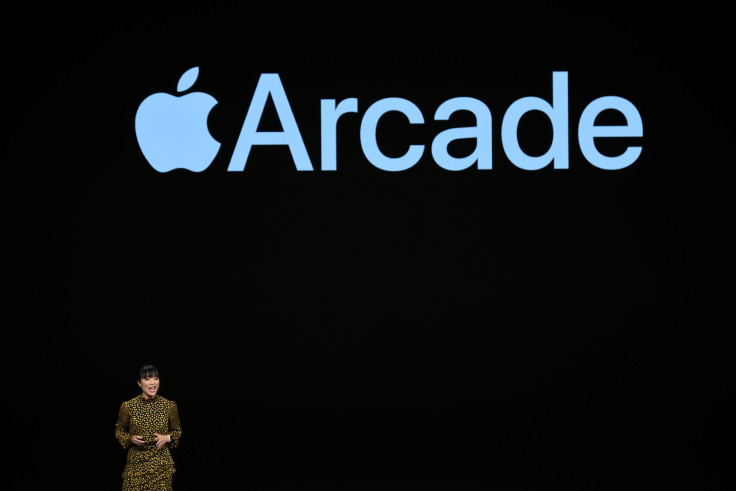Google Is Testing An Apple Arcade Competitor

Apple (NASDAQ:AAPL) announced an all-you-can-play mobile game subscription at its big event earlier this year, where it also announced details for Apple News+ and Apple TV+. Shortly after the event, I said it could be Apple's most important subscription service of the three announcements.
With declining app downloads per device and a growing reliance on services, Apple needs to cannibalize ad-supported games that more often share revenue with Alphabet's (NASDAQ:GOOG) (NASDAQ:GOOGL) Google than with Apple. Furthermore, Apple Arcade, with its exclusive titles, has a strong potential to lock consumers into Apple's ecosystem.
It seems Google likes the idea of an app buffet, and it's testing Play Pass, a $4.99-per-month app and game subscription for Android. The service promises to let subscribers "Explore a curated catalog spanning puzzle games to premium music apps and everything in between. From action hits to puzzles and fitness trackers, with Google Play Pass you unlock access to hundreds of premium apps and games without ads, download fees or in-app purchases," according to leaked screenshots provided to Android Police.
Here's why Alphabet and Apple investors should take notice.
Getting more users to pay up
The average Android user spends significantly less on apps and games than the average iOS user. Apple accounts for about two-thirds of global gross revenue for paid apps, but iPhones account for less than 25% of the global market.
It's easy to pin the discrepancy on the average iPhone user having more discretionary income for apps and games. After all, Apple only sells high-end devices. And to some degree that's true, but it doesn't account entirely for the discrepancy.
One factor that might have an outsized impact on Google Play sales is the relative ease of piracy on Android compared to iOS. Apple keeps a pretty tight lid on app distribution for iOS -- one that's gotten it into a little trouble with the Supreme Court. The open-source nature of Android, by comparison, makes it practically child's play to pirate Android apps.
A subscription service might be the answer to Google's piracy problem. Just as streaming music subscriptions have curbed music piracy, low-cost, easy access to some of the most popular paid apps might convince many users to pay up.
The information from Android Police indicates Google isn't offering exclusive apps or games with Play Pass. Apple Arcade will feature dozens of original titles. If Google decides to offer exclusives, it could curb piracy even more, sell more subscriptions, and retain more users.
Should Apple investors worry?
Apple has a lot riding on Apple Arcade. The company is reportedly investing $500 million in the service, and the costs will be even higher when factoring in cannibalization. Investors need to be aware of anything that resembles a threat to the service, including Play Pass.
Google is currently testing Play Pass at $4.99 per month, while Apple hasn't announced pricing yet. It's hard to see Apple offering more than 100 premium games, including exclusive titles, for less than that though. Whether Play Pass actually provides better value than Apple Arcade will come down to whether the quality of the titles matches the price.
That said, it's more likely Apple Arcade and Play Pass will retain existing users than attract new ones. That's especially true if Play Pass is merely offering access to apps that users can also find on iOS.
To that end, Play Pass and Apple Arcade are similar products playing in two separate ballparks. Their success will largely depend on how well they convince users to pay for something they didn't pay for before.
This article originally appeared in the Motley Fool.
Adam Levy owns shares of Alphabet (C shares) and Apple. The Motley Fool owns shares of and recommends Alphabet (A shares), Alphabet (C shares), and Apple. The Motley Fool has the following options: short January 2020 $155 calls on Apple, long January 2020 $150 calls on Apple, short January 2020 $155 calls on Apple, and long January 2020 $150 calls on Apple. The Motley Fool has a disclosure policy.




















